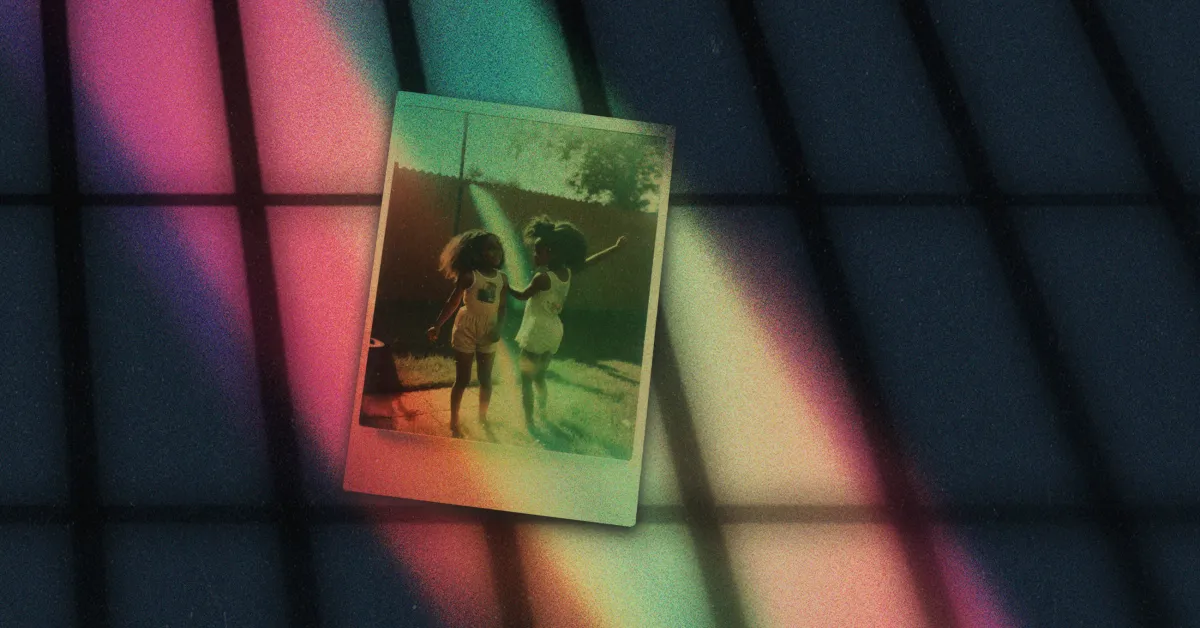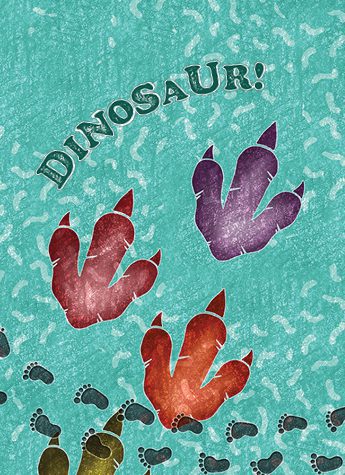- Shows &
Tickets - Classes &
Camps-
-
-
-
Interested in after-school activities for your kids? Explore After School Programs
-
-
-
- Schools &
Educators-
-
- Schools & Educators
Partner with the Alliance Theatre Institute for professional learning for educators and arts-integrated or theater-based instruction for students.
-
Unique Programs
We offer unique programs that use the power of the arts to inspire students, develop skills, and create positive change in schools and communities.
- Poetry Out Loud: Georgia
- JumpStart Theatre
-
-
-
-
Tickets for Teachers is a free ticket program for educators for Alliance Theatre productions. View Program Details
-
-
-
- Artists &
Community-
-
- Artists & Community
Learn more about our playwriting programs, partnerships with community organizations, and resources for artists.
-
An exploration of theater and the people who make it happen.
-
Check here for all major announcements from the theater.
-
-
- Impact &
Support-
-
- Impact & Support
Your support brings stories to life, funds community programs, and ensures more people have access to powerful theater experiences.
-
Name a Seat in the Goizueta Stage
Put your unique handprint on better tomorrows for Atlanta's young audiences.
-
-


Actor Cymiah Alexander on the first day of rehearsal for the Alliance Theatre, Hertz Stage production of Furlough’s Paradise. Photo by Aniska Tonge.
“In witnessing each other’s grief, we unlock space for joy.” – a.k. payne, Playwright
Furlough’s Paradise is a story that highlights a reunion in grief, and yet it is a reflection of hope and how space is created for joy to exist. As we witness Sade and Mina navigate their individual experiences with grief we also witness, as their time together unfolds, how they are able to create joy in this moment together. Their ability to make room for joy sheds light on a specific perspective that is necessary to isolate so that we better understand the depth it provides to the history of the Black experience.
As a community, Black people have had to carve out our own paths for joy amongst what may be perceived as rugged ground. The reality of our collective pain is what sets our joy apart. And so, the impulse to emphasize the specific experience of Black Joy is necessary because of the ‘in spite of.’
At the center of every historically Black social movement is Black Joy. Moments of song and dance break out in the middle of protests. Black artists have used and continue to use their voices to empower and uplift the community amid these movements. The struggle has been passed down along with the laughs, the memories, the stories, in the ways we express ourselves, and the ways we take care of one another.
Black Joy isn’t merely a statement used to gloss over our grief. It counters the narratives that Black life is only comprised of trauma, grief, and struggle. The idea is not meant to recreate these narratives and ignore the harsh realities of our experiences. Rather, it should serve as an addition to these and prove that our experiences are not monolithic. The struggle is real but so is our resilience in the midst of it.
Often times, the meaning of joy is equated to happiness, however, happiness is fleeting while joy is a constant state of being. Happiness depends on the ‘happenings’ around us. If the Black community solely depended on happiness to get us through, it’s hard to believe we would have been able to endure for so long. Instead, we have relied on what social scientist Arthur Brooks believes are the four pillars that are necessary to maintain joy: faith, family, friends, and work that serves.
Black Joy is as big as the family cookouts and as intimate as eating Cookie Crisps while watching The Proud Family. It’s sitting on the porch, listening to Louis Armstrong with a cup of coffee. It’s humming while dyeing Kanekalon hair for rainbow twists. It’s swaying along to your favorite records. It’s taking a bath in the tub with a broken handle. It’s building a pillow fort and watching The Cheetah Girls. It’s laughing, loudly and uncontrollably. It’s embracing moments where we are not accepted and finding the spaces where we are. It’s dreaming of utopia and thinking about our paradise.
Author Tracey Michae’l Lewis-Giggetts states in her book Black Joy: Stories of Resistance, Resilience, and Restoration, “If the means is joy, the end must be our healing.” Although the narrative of trauma seems to stay at the forefront of the Black experience, it is the foundation upon which our joy rests to bring healing. Our joy allows us to be free even when enduring the literal and figurative imprisonment of our mind, body, and spirit. It’s that sliver of light we grab onto in the midst of darkness. Black Joy is an act of resistance, a demonstration of our resilience, and a pathway for the restoration of hope.
Learn more about Furlough’s Paradise.













